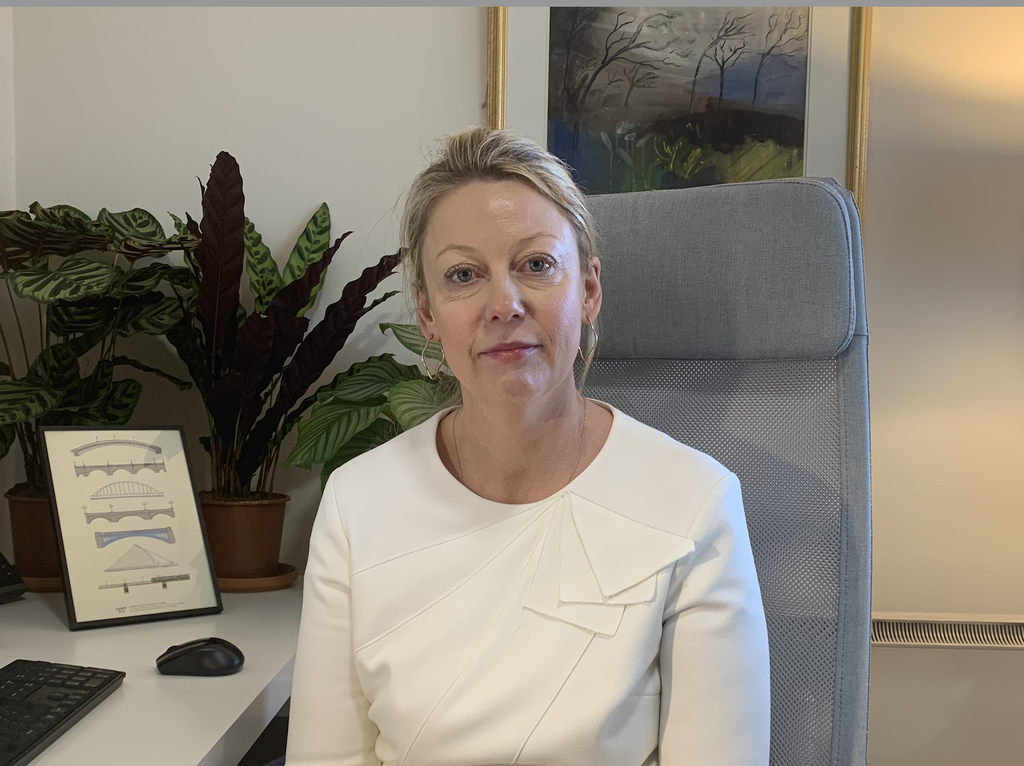Exclusion of rape from new EU directive is “bitterly disappointing”
18 January 2024

Dublin Rape Crisis Centre (DRCC) has said the European Council’s decision to exclude rape from the European Union’s forthcoming Directive on Combatting Violence Against Women and Domestic Violence is bitterly disappointing.
Reacting to the decision, DRCC’s Chief Executive Rachel Morrogh said: ‘DRCC is disappointed that the heinous crime of rape is being excluded from the new EU Directive on Combating Violence Against Women. We believe this will deepen and widen inequalities that already exist across Europe. It illustrates that barriers to progress were greater than the courage of some Member States to overcome them.
“Including rape in the Directive was important for both legal and symbolic reasons and its exclusion sends a clear signal to victims and survivors across Europe that it is not a political priority.
“DRCC believes that the obstacles to the Directive were not insurmountable and therefore the Council’s decision to exclude this crime reflects a concerning belief that rape is an expendable provision. Rather than reflecting the backing given by both the EU Parliament and Commission to its inclusion, the Heads of State who make up the European Council decided that including rape was negotiable and unnecessary. Ultimately, the people most affected are those living in countries that have not legislated for a consent-based definition of rape. The inclusion of rape in this Directive would have demonstrated that Member States stand strong and united for equality and justice and against sexual violence.
‘Its omission goes further than a missed opportunity, it sends a very disheartening message to all victims of sexual violence right across the EU.”
DRCC had in recent weeks called for a consent-based definition of rape to be included in the Directive, following concerns raised by MEP Frances Fitzgerald that some countries in Europe, including Ireland, had not decided on the issue. The organisation had called on Ireland to show leadership in enabling victims and survivors to access justice across Europe.
The organisation thanked Irish MEPs for all the work they have done on this issue and said it shared their dismay today.
Confidential freephone 24-hour National Rape Crisis Helpline 1800 778888
/ENDS
Notes for editors:
- Dublin Rape Crisis Centre is a non-governmental, voluntary organisation which has as its mission to prevent the harm and heal the trauma of rape. It offers a suite of services to victims/survivors of sexual violence. It also offers a wide range of training and education to professionals and volunteers.
- We-Consent is a new long-term national programme to inform, educate and engage with all members of our society about consent. More information and resources on having consent conversations at https://www.we-consent.ie/
- Other DRCC services and work:
- DRCC operates the National 24-hour Helpline 1800 778888 to support anyone affected by sexual violence in any part of the country. A webchat support service is available online at drcc.ie Mon-Fri, 10am-5pm. A Helpline Interpreting Service is available for those who do not speak English - more at https://bit.ly/DRCClang
- For those contacting the Helpline who are deaf or hard of hearing, we provide a text service, operating Mon-Fri from 8am to 6:30pm, at 086-8238443 and we also have a webchat service available Monday-Friday, 10am to 5pm, except holidays.
- Information on your options after sexual violence is available for free online at any time at drcc.ie/fyw in the Finding Your Way after Sexual Violence guide.
- DRCC offers counselling & therapy to adult survivors of sexual violence and to older adolescents from 16 years of age with parental/guardian consent.
- We provide accompaniment support for the Rotunda Sexual Assault Treatment Unit, to court or to Garda stations to people in Dublin and in surrounding areas, by arrangement.
- We have outreach offices at Coolock, Dóchas Women’s Centre, Balbriggan & Tallaght. Access to these services must be arranged via the National Helpline 1800 778888 during working hours, Mon-Fri.
- We ask that when reporting on this topic, journalists should remember that discussions on sexual violence can trigger personal trauma in those receiving the information. Where possible, please make reference to the National 24-hour Helpline 1800 77 88 88 for anyone who may be affected by the discussion.